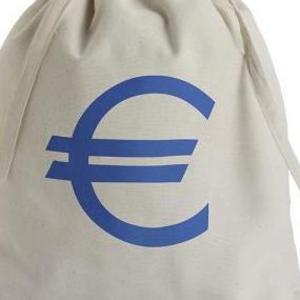EU biofuel subsidies much lower than IISD originally reported

August 26, 2013
BY Ron Kotrba
The International Institute for Sustainable Development has corrected a big error it made in an April report regarding how much money the EU biofuel sector receives in excise tax exemptions from member states. In April, the IISD’s Global Subsidies Initiative published a report, titled, “Biofuels—At What Cost? A review of costs and benefits of EU biofuel policies,” in which the organization stated the EU biofuel sector received €5.8 billion in excise tax exemptions in 2011. On Aug. 23, an addendum to that report was published, and new figures show the organization overestimated excise tax exemptions by nearly three-fold in its April report.
“IISD apologizes for the error and any confusion it has caused,” it stated. “The updated estimate for fuel excise tax exemption is €2.047 billion in total, made up of €562 million for ethanol and €1.485 billion for biodiesel. The corrected estimate is lower than the original estimates by €3.757 billion in total. For bioethanol, the estimate is €2.048 billion lower. For biodiesel, the estimate is €1.709 billion lower.”
As a result, the overall estimate for EU biofuels subsidies is €5.515–€6.896 billion, compared to €9.272–€10.653 billion published in the original report.
IISD says only the estimate for fuel excise tax exemption for ethanol and biodiesel has been changed and all other estimates remain the same, “including the market transfers, which make up the largest type of subsidy,” the group stated.
Advertisement
Click here to view or download the addendum.
Advertisement
Related Stories
A group of 28 House members on May 16 sent a letter to President Donald Trump urging his administration to adopt timely, robust Renewable Fuel Standard renewable volume obligations (RVOs) for 2026 and beyond.
A bill to formally adopt a revenue certainty mechanism to support the production of SAF was introduced in the U.K. Parliament on May 14. The proposed scheme is in the form of a guaranteed strike price.
Delta Air Lines on May 7 announced its strong support for new bipartisan, bicameral legislation that will accelerate the growth of sustainable aviation fuel (SAF) in Michigan. The bill aims to create a SAF tax credit of up to $2 per gallon.
The U.S. EPA on May 14 delivered two RFS rulemakings to the White House OMB, beginning the interagency review process. One rule focuses on RFS RVOs and the other focuses on a partial waiver of the 2024 cellulosic RVO.
U.S. EPA Administrator Lee Zeldin on May 15 told members of the House Appropriations Committee that the agency is working as quickly as it can to take action on the backlog of RFS small refinery exemption (SRE) petitions.
Upcoming Events










